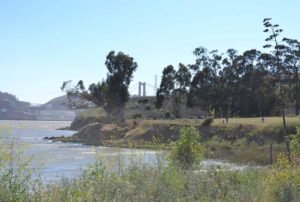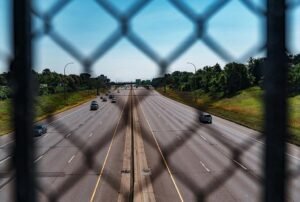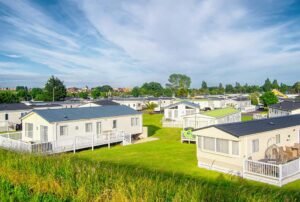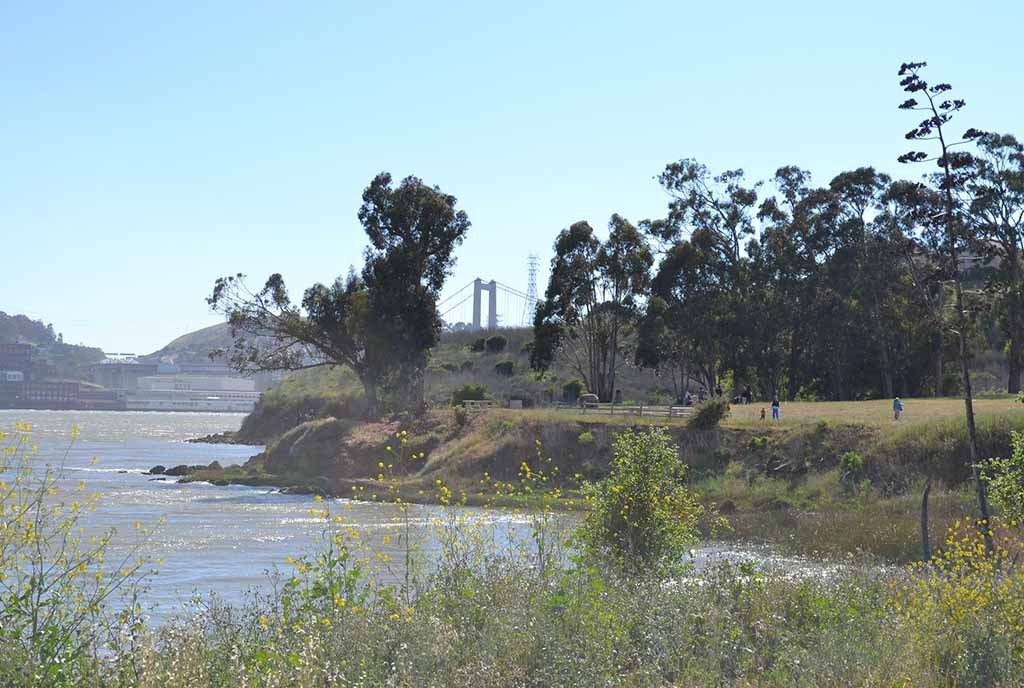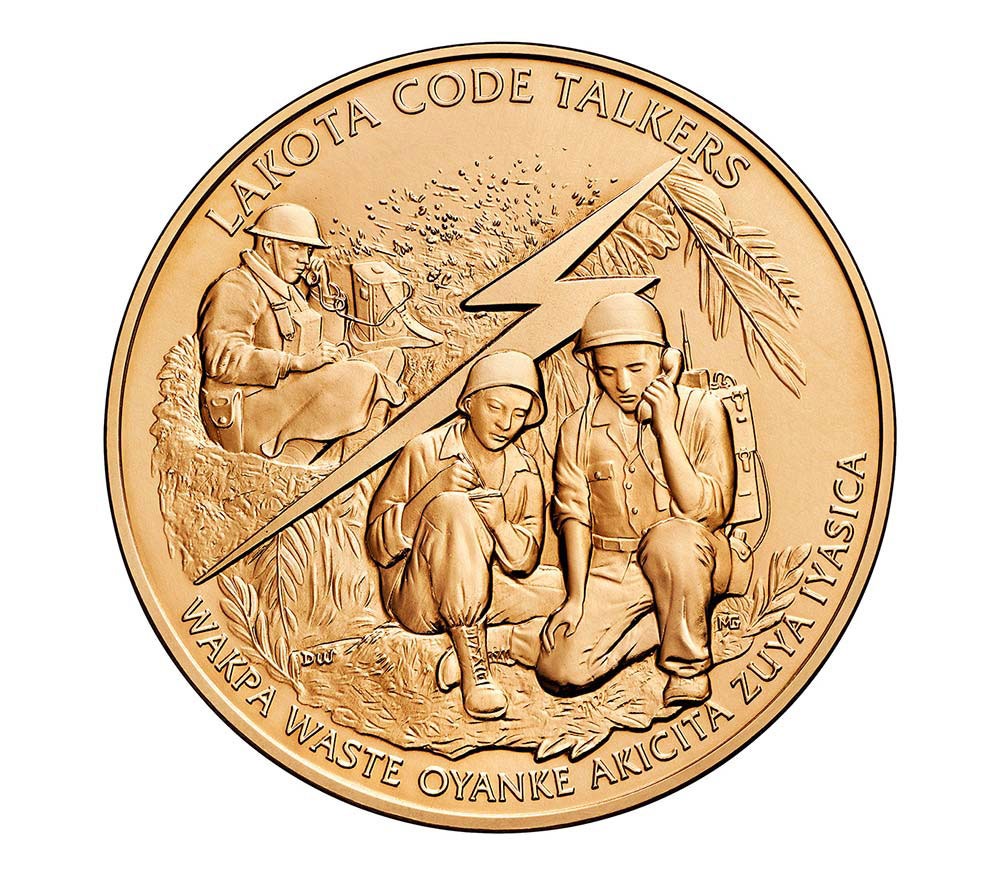
May 11, 2020; CNN and Argus Leader
According to US law, Native American nations have sovereign authority, even if violations of treaties recognizing these nations’ authority have been regular and widespread. Still, one might think that protecting citizen health would be a fairly noncontroversial core function of any sovereign nation. But Kristi Noem, governor of South Dakota, would beg to differ, particularly if protecting those citizens requires highway checkpoints. And if the governor has her way, road checkpoints that have been protecting Oglala Sioux and the Cheyenne River Sioux residents of her state for the past month will be taken down.
In South Dakota, an estimated 3,517 people have tested positive for COVID-19 and at least 34 have died, according to Johns Hopkins University’s tally of cases. Of those 3,517, only 198, or 6.2 percent, are American Indian, who comprise an estimated nine percent of the state’s residents.
This represents a considerable achievement for a population with a high degree of susceptibility to the virus. Typically, American Indians suffer disproportionately from pandemics. For example, in 2009, fatalities from the H1N1 virus were four times as high among American Indians as the US population as a whole.
How has the low case incidence rate for American Indians in South Dakota occurred? One critical means is that while South Dakota is one of a very few states in the US not to have ever shut down, formally speaking, to slow the spread of the novel coronavirus, American Indian nations within the state’s boundaries have shut themselves down and have been vigilant in their enforcement.
The checkpoints are the Cheyenne River Sioux nation’s best tool to protect themselves against the illness, Chairman Harold Frazier told CNN. “The nearest health care, critical care is three hours away from where we live,” Frazier observes. Frazier adds that the Cheyenne River Sioux only have an eight-bed facility on their land, which is home to 12,000 people, and no intensive care unit (ICU).
Sign up for our free newsletters
Subscribe to NPQ's newsletters to have our top stories delivered directly to your inbox.
By signing up, you agree to our privacy policy and terms of use, and to receive messages from NPQ and our partners.
The Cheyenne River Sioux thus don’t have excess capacity to handle a pandemic-caused spike in health care utilization. By stopping people upon entering and leaving Cheyenne River Sioux land, however, the spread of the virus can be controlled. On Friday, Noem threatened to take the two American Indian nations to court if they failed to remove the checkpoints.
Oglala Sioux President Julian Bear Runner addressed Noem on Saturday, saying the governor’s action “threatened the sovereign interest of the Oglala people.”
For his part, Frazier responded as follows:
Many have been inconvenienced by the current situation, but the virus does not differentiate between members and non-members. It obliges us to protect everyone on the reservation regardless of political distinctions. We will not apologize for being an island of safety in a sea of uncertainty and death.
Stepping into the middle, CNN reports that a group of 17 South Dakota legislators have urged the governor to seek out a compromise solution with the two American Indian nations. In their letter, sent Saturday, lawmakers wrote that, “We wish to work with all parties involved for a reasonable, legal, and appropriate solution that addresses the concerns of all sovereigns involved.” They also asked that the governor meet with the Oglala Sioux and Cheyenne River Sioux “to negotiate a resolution that reflects our combined goal of keeping all people healthy and safe.”—Steve Dubb



